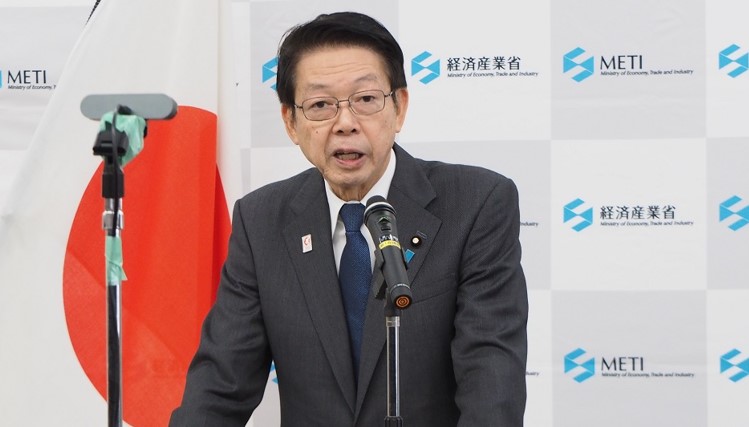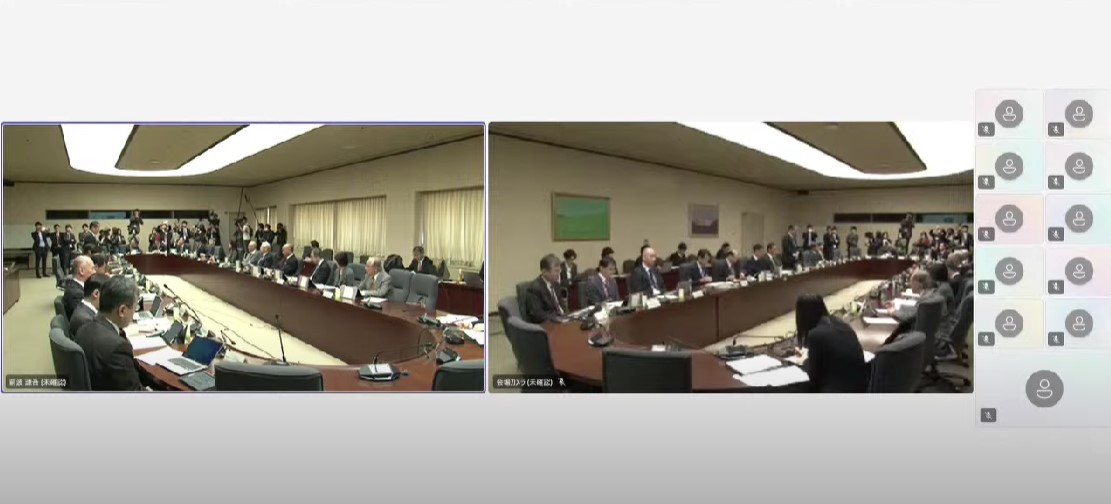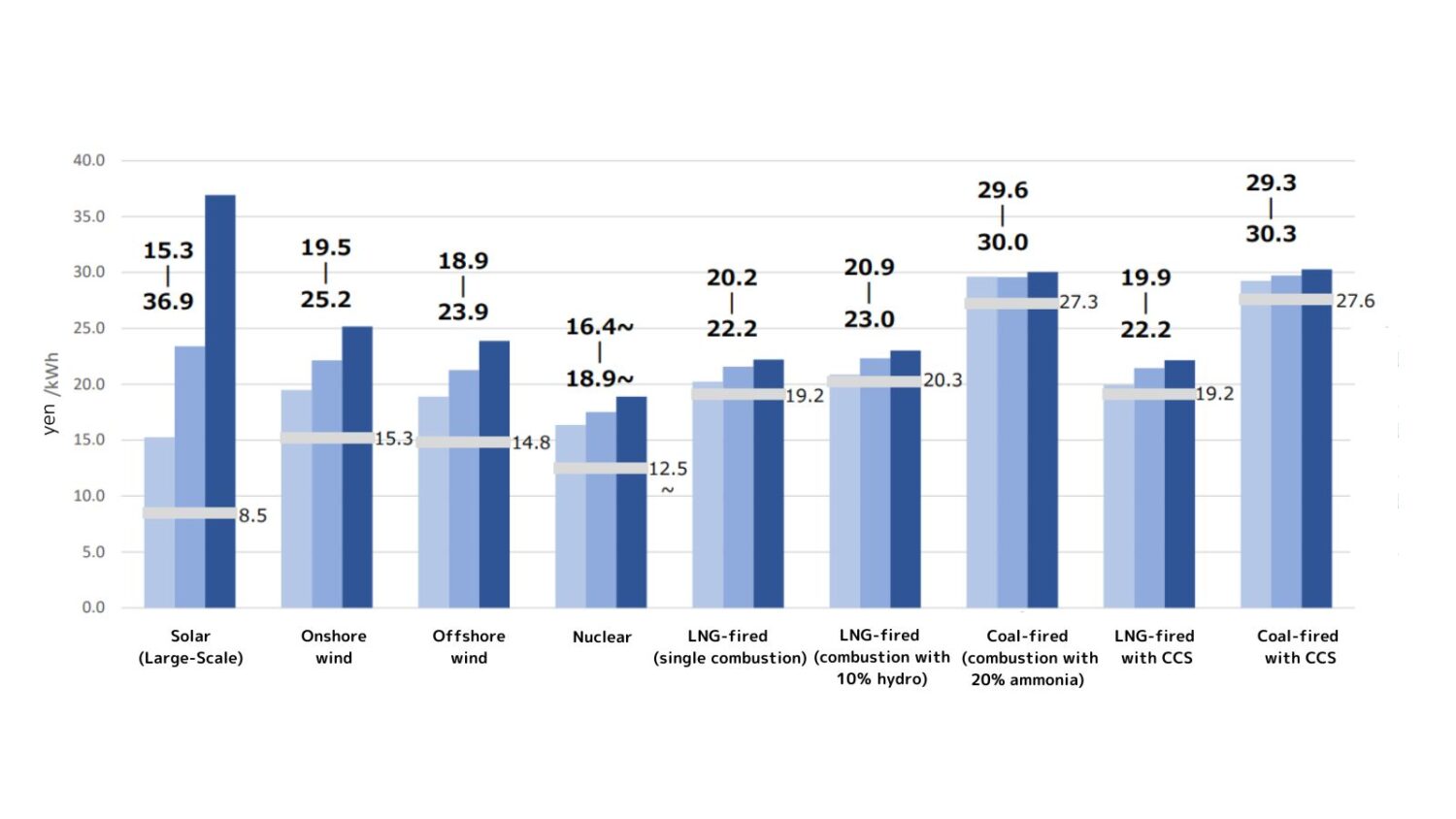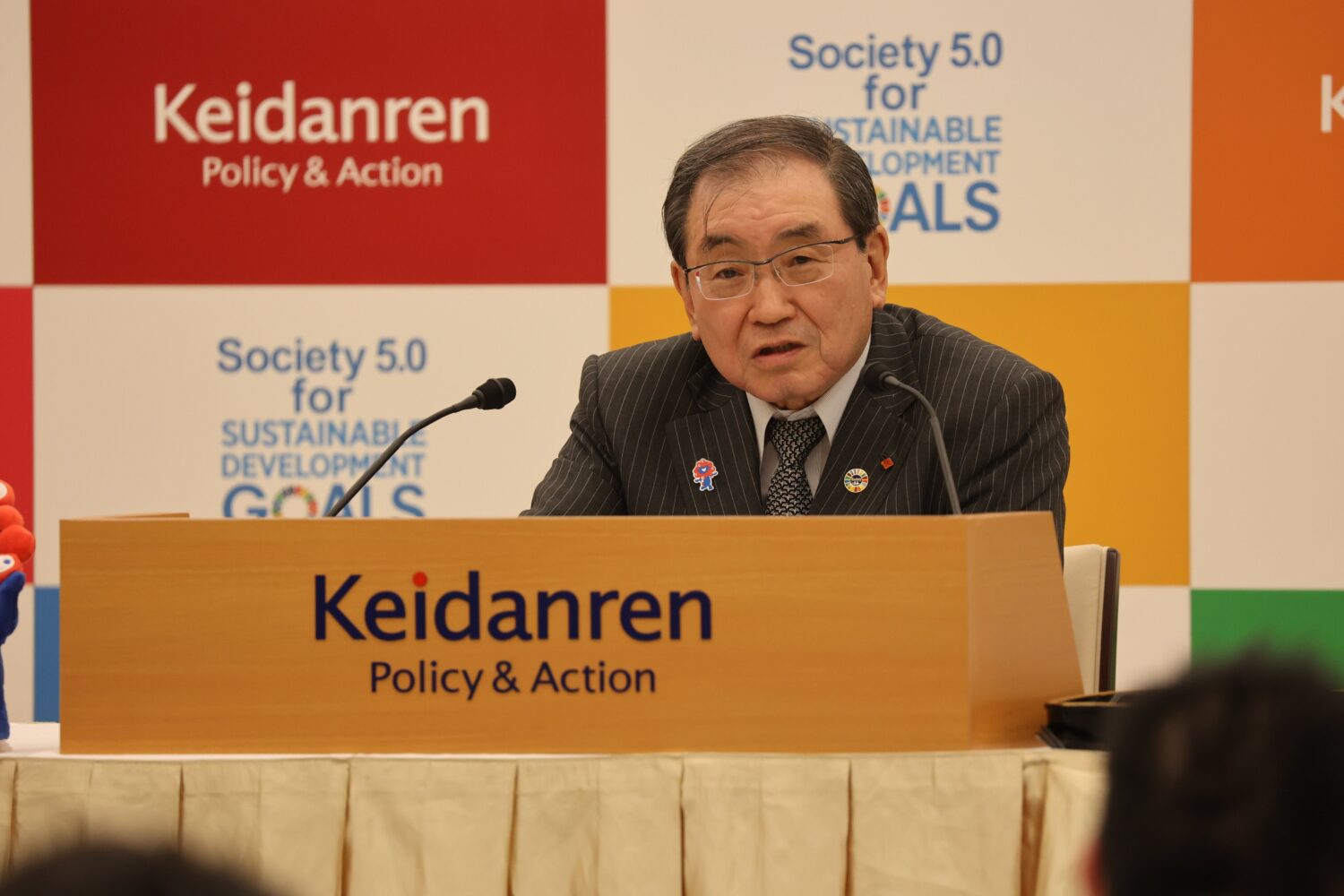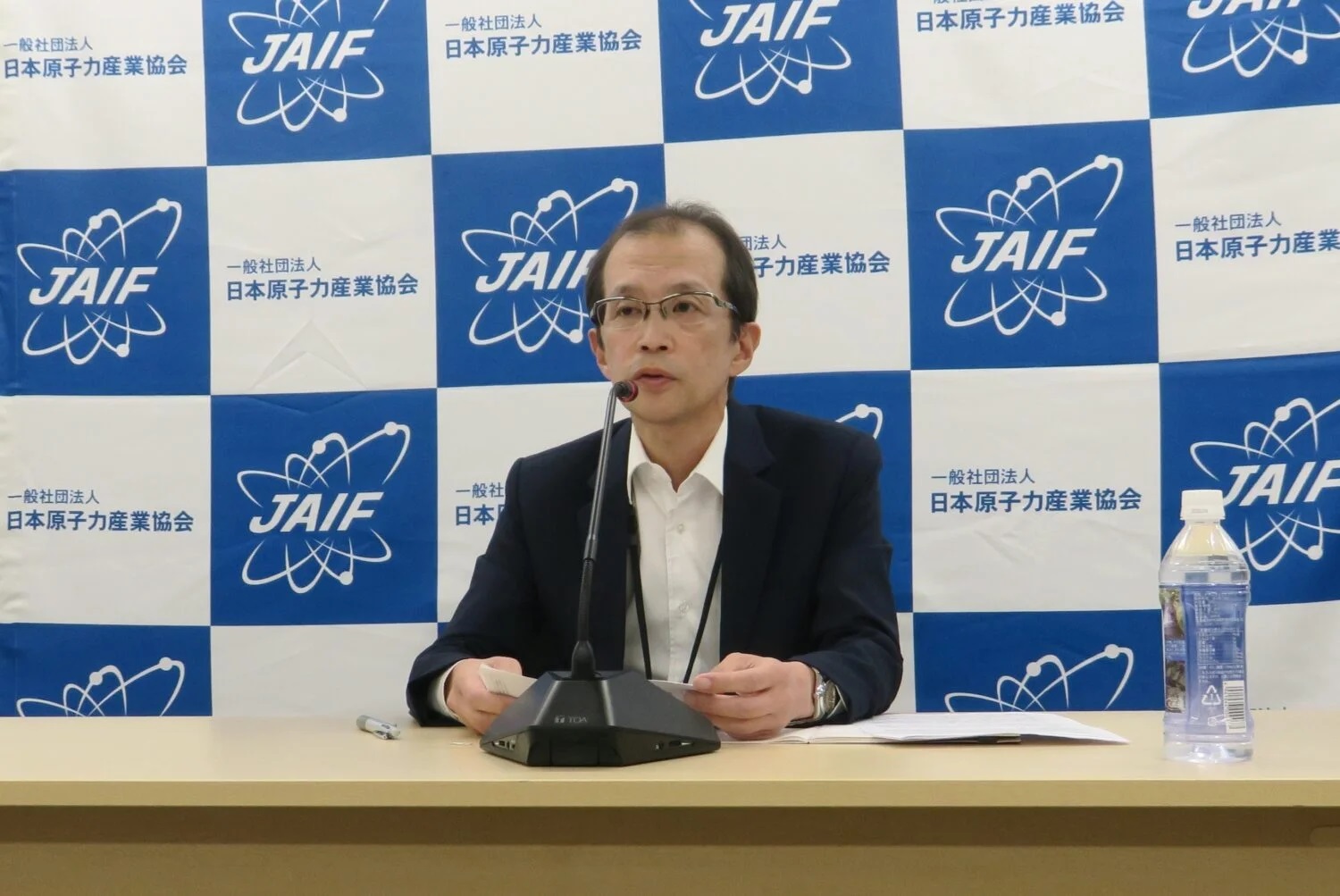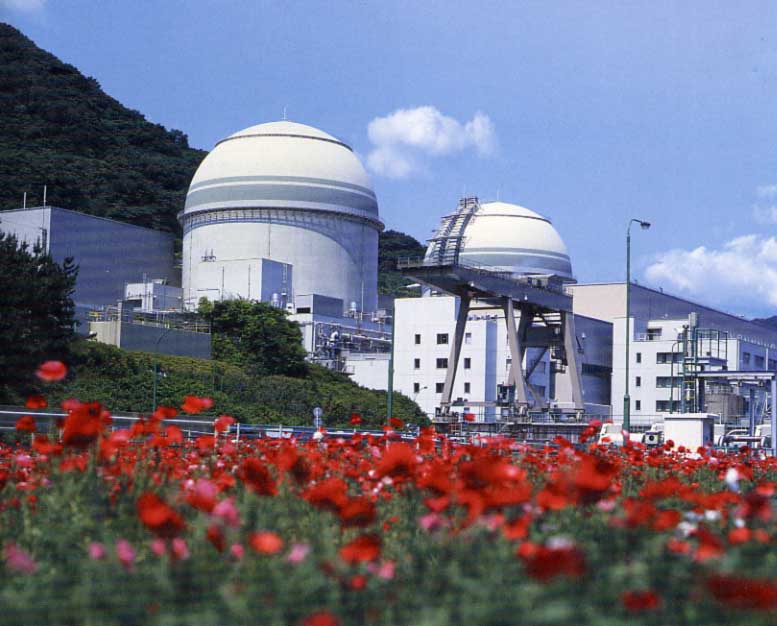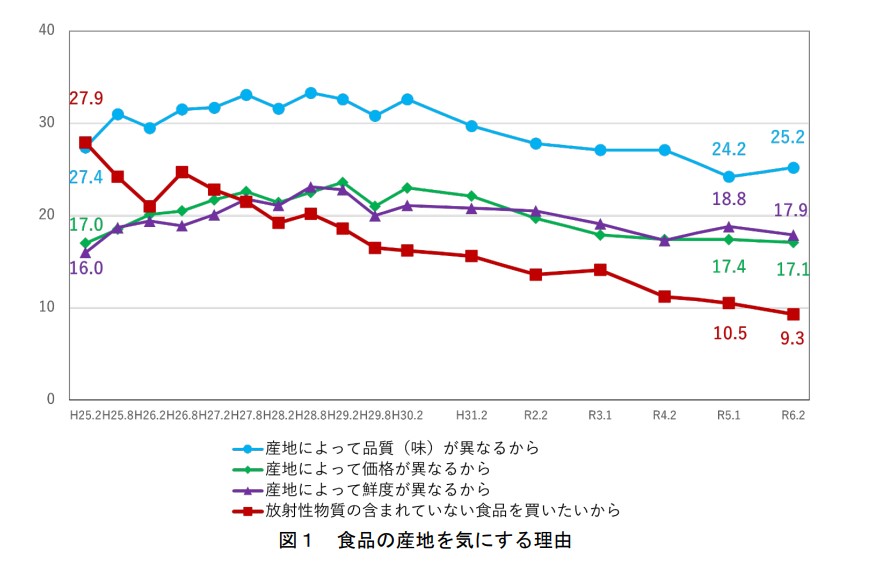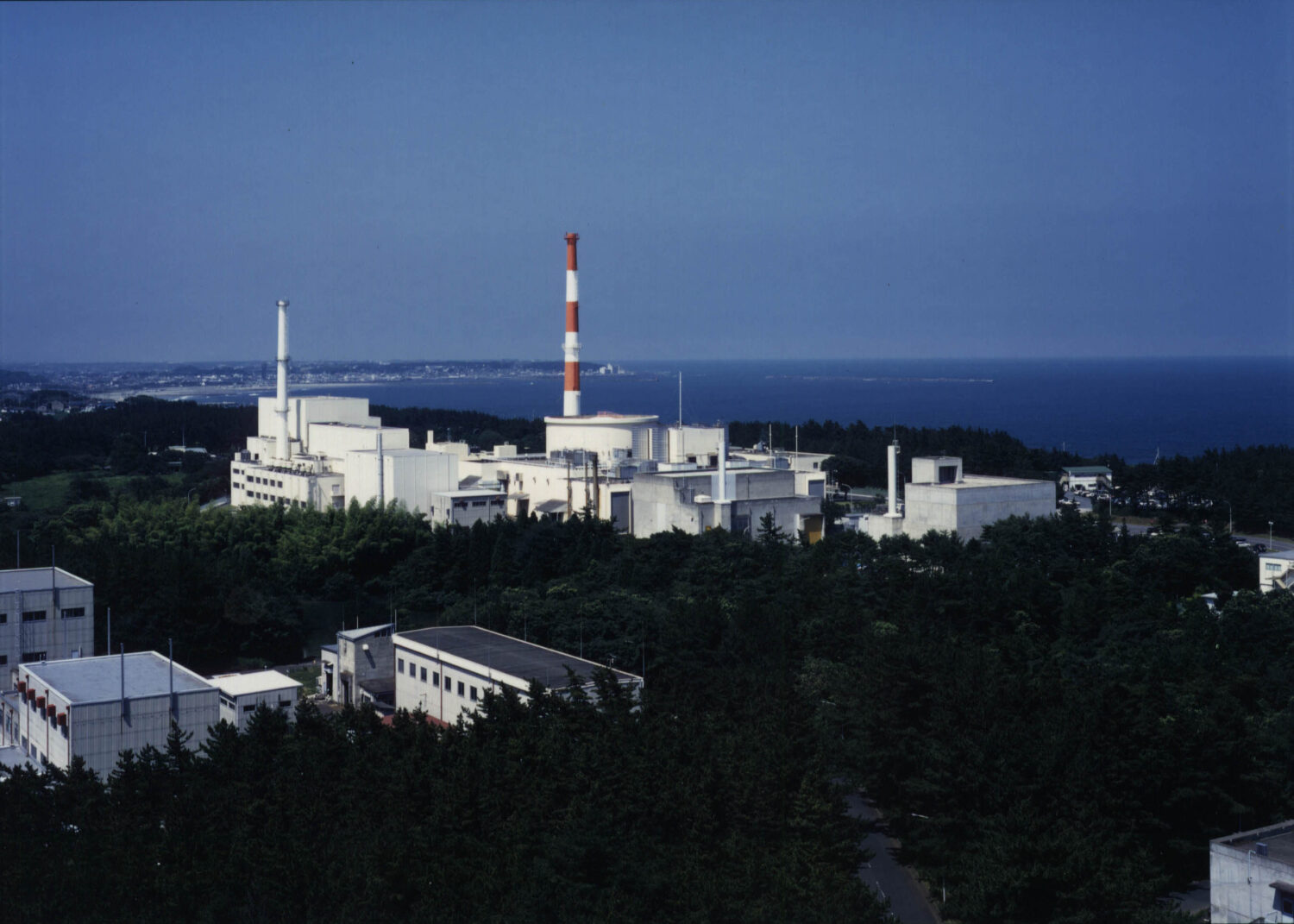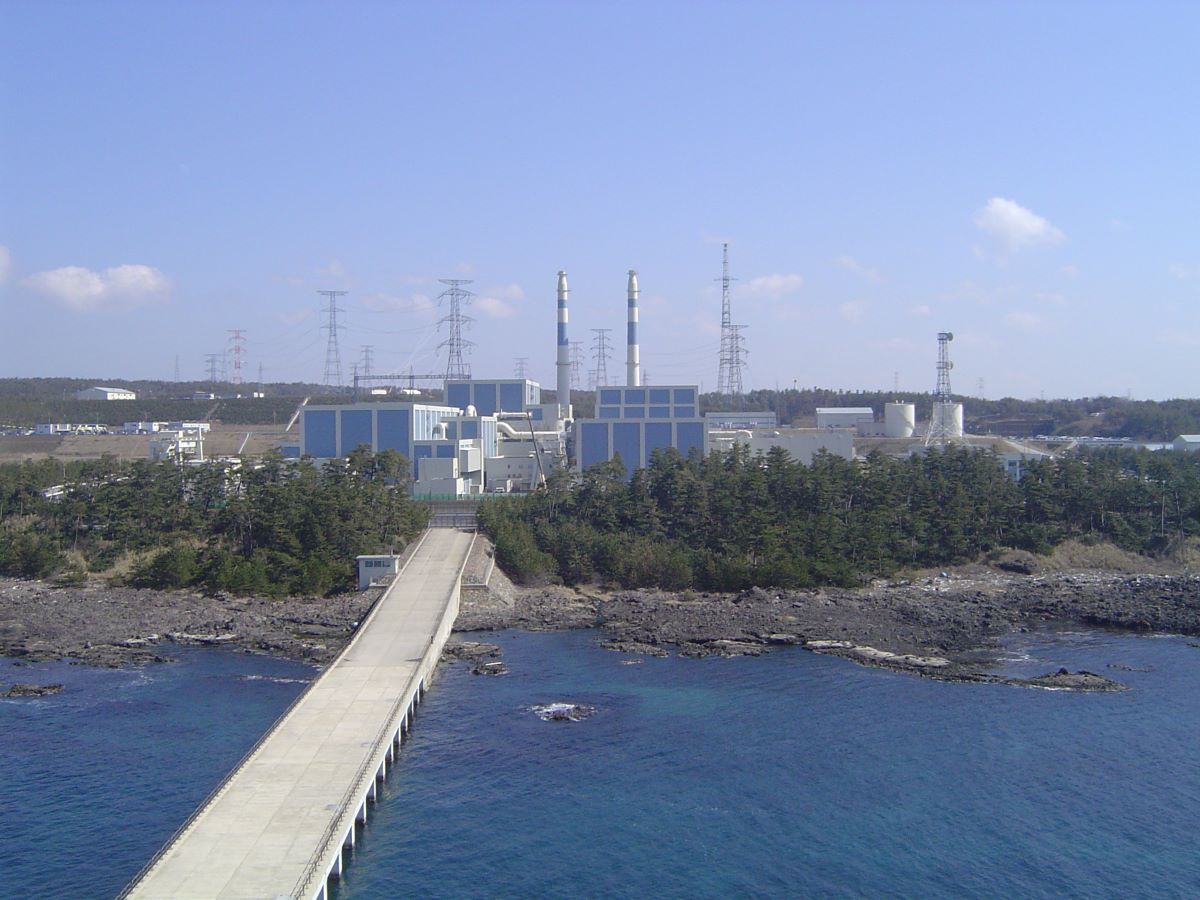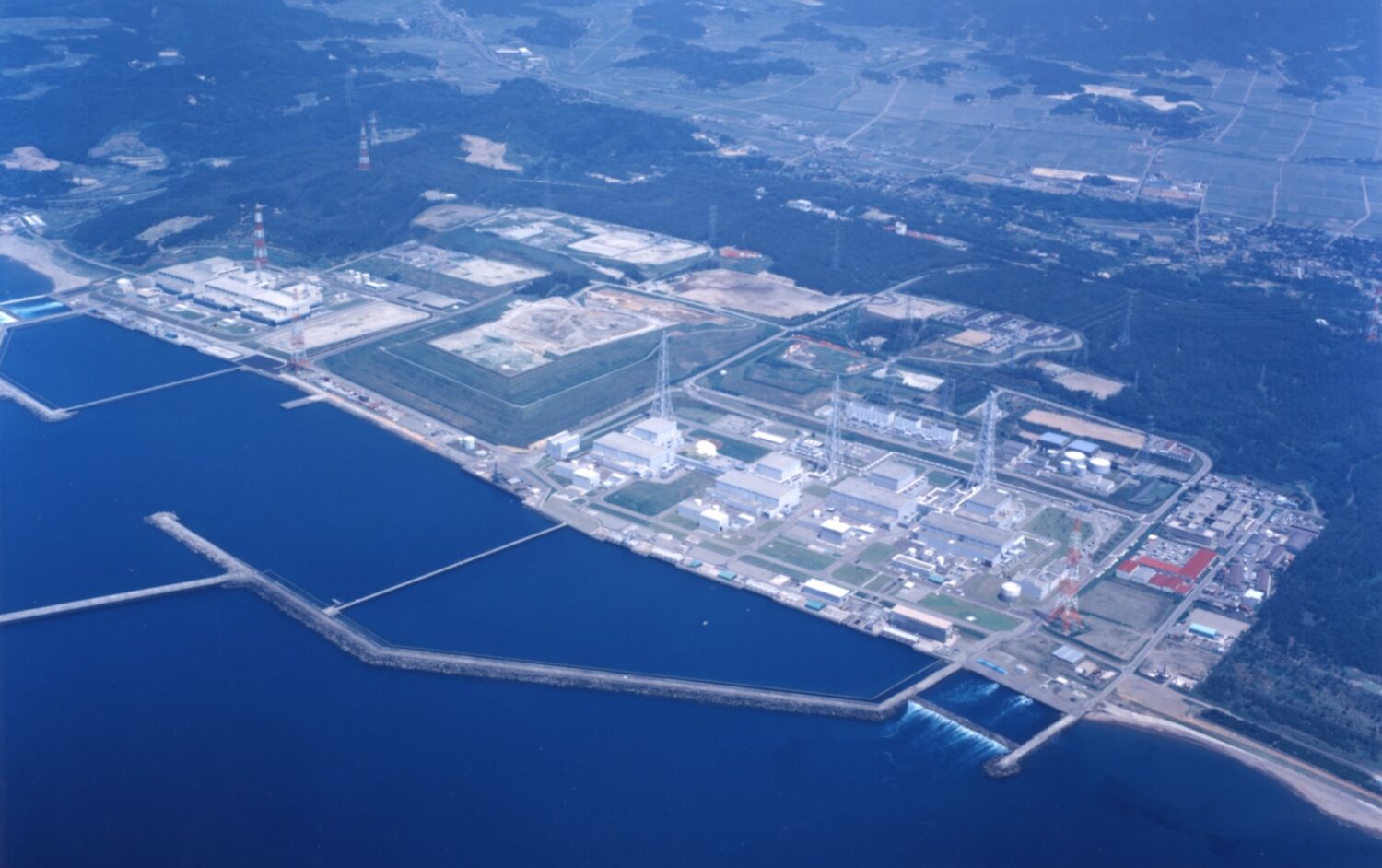In accordance with the basic policy aimed at implementing the country’s green transformation (GX), approved by the Cabinet in February, the new legislation makes changes to related laws in order to promote the introduction of renewable energies to the maximum extent, in a way that secures joint prosperity with regional growth, and to make maximum use of nuclear power on the premise of ensured safety.
Included in provisions regarding nuclear power are the following two points:
- When a nuclear power plant (NPP) is operated beyond 30 years, its operator will be required to obtain approval, every ten years, of the technological assessment of its facility deterioration and of a deterioration management plan (the Act on the Regulation of Nuclear Source Material, Nuclear Fuel Material and Reactors, also known as the Reactor Regulation Act).
- While the current framework will be maintained limiting operating reactor lifetimes to 60 years, the calculations of an NPP’s operating lifetime will not include periods when its operation was suspended due to reasons that the nuclear operator could not have foreseen (Electricity Business Act).
After the bill was passed by the House of Representatives (Lower House) on April 27, it was sent to the Upper House and deliberated at its Committee on Economy, Trade and Industry, chaired by YOSHIKAWA Saori (Constitutional Democratic Party of Japan). On May 30, the committee approved the bill and submitted it the next day to the current plenary session of the chamber, which passed it.
In discussions prior to the vote, one member each of Nippon Ishin (the Japan Innovation Party) and the Democratic Party for the People expressed support for the bill, while opposition was expressed by one member each of the Constitutional Democratic Party of Japan and the Japanese Communist Party.
The Upper House Committee on Economy took note that the bills had been submitted to the Diet as a so-called package of “bundled bills.”[1]Multiple bills that are submitted together are referred to as a package of “bundled bills” to distinguish them from an “omnibus bill.” When individual matters are submitted as an omnibus … Continue reading ISOZAKI Tetsuji (Democratic Party for the People) expressed his approval of the bills, while adding that they “had not been discussed deeply enough” and that “it was extremely regrettable that an opportunity was missed to explain them thoroughly to the public.”
The Committee on Economy, Trade and Industry had met seven times to consider the bill, including joint meetings with the Committee on the Cabinet and the Committee on the Environment.
On May 25, it held a Q&A session with three invited experts, as follows:
- YAMAJI Kenji, president of the Research Institute of Innovative Technology for the Earth (RITE).
- IWAFUNE Yumiko, project professor, Institute of Industrial Science, University of Tokyo.
- MATSUKUBO Hajime, secretary general, Citizens’ Nuclear Information Center.
Iwafune argued the need for demand-side measures in addition to supply-side measures in seeking a stable energy supply. Matsukubo said that the lessons learned from the accident at Fukushima Daiichi should never be forgotten.
After the experts’ presentations, committee member ISHIKAWA Hirotaka (New Komeito Party) referred to what Yamaji had said in an interview for a special issue of the Atomic Industrial Journal two years ago, in 2021. The issue was entitled “Winning Back Public Trust Is an Important Precondition to Restarting Japan’s NPPs.”
In the interview, Yamaji said, “Public confidence must be recovered, and efforts are needed to sweep away the negative image of [nuclear power due to] the accident.” Ishikawa asked him about that, and Yamaji answered, “It is very important that the government be at to the fore and show the people that it will utilize nuclear power.”
Another member, HIRAYAMA Sachiko (independent), said, “Today, everyone from children to the elderly has a smartphone, and there is also the hot new thing called ‘ChatGPT.’ Everything runs on electricity, and our society will inevitably require much, much more of it.” She emphasized the importance of stable energy supplies in the future and argued the need to deal with the situation “realistically and comprehensively,” saying, “Innovation will have to be sought, and no source of energy can be denied.”
Referring to development of next-generation advanced reactors, meanwhile, Hirayama said that she saw real opportunities for the production of hydrogen using small modular reactors (SMRs).
Upon passage of the bill, Chief Cabinet Secretary MATSUNO Hirokazu, at a press conference on the afternoon of the May 31, said that the Nuclear Regulatory Authority of Japan (NRA) would “continue its strict regulation,” and that he would “aim to steadily implement the new laws toward realizing a stable energy supply and carbon neutrality at the same time.”
Also, Chairman IKEBE Kazuhiro of the Federation of Electric Power Companies (FEPC) released a comment which said, “Toward stable supplies of energy and achieving carbon neutrality by 2050, FEPC wants to continue the implementation of all measures in both the supply and demand aspects. That includes the maximum use of nuclear power based on ensured safety, the decarbonization of thermal power, and the promotion of electrification.”
References
| ↑1 | Multiple bills that are submitted together are referred to as a package of “bundled bills” to distinguish them from an “omnibus bill.” When individual matters are submitted as an omnibus bill, they are debated collectively in a single procedure based on their common point of focus, in contrast to bundled bills. |
|---|


-1.png)

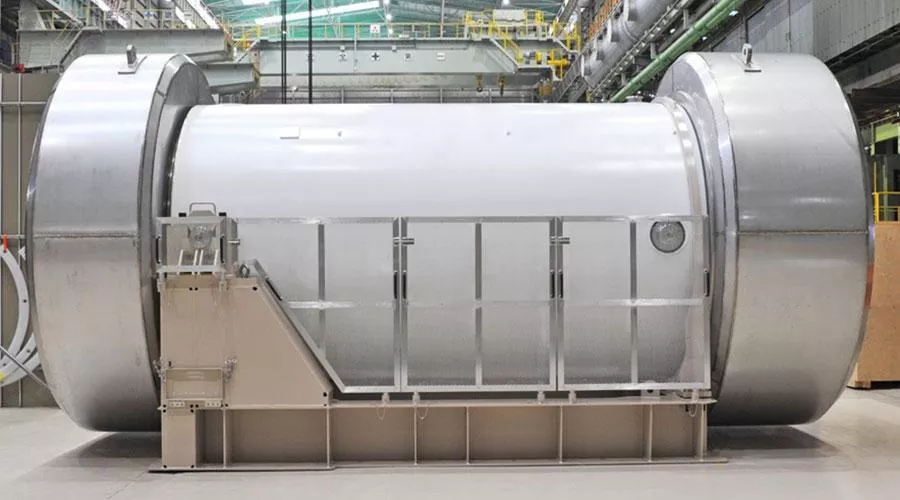
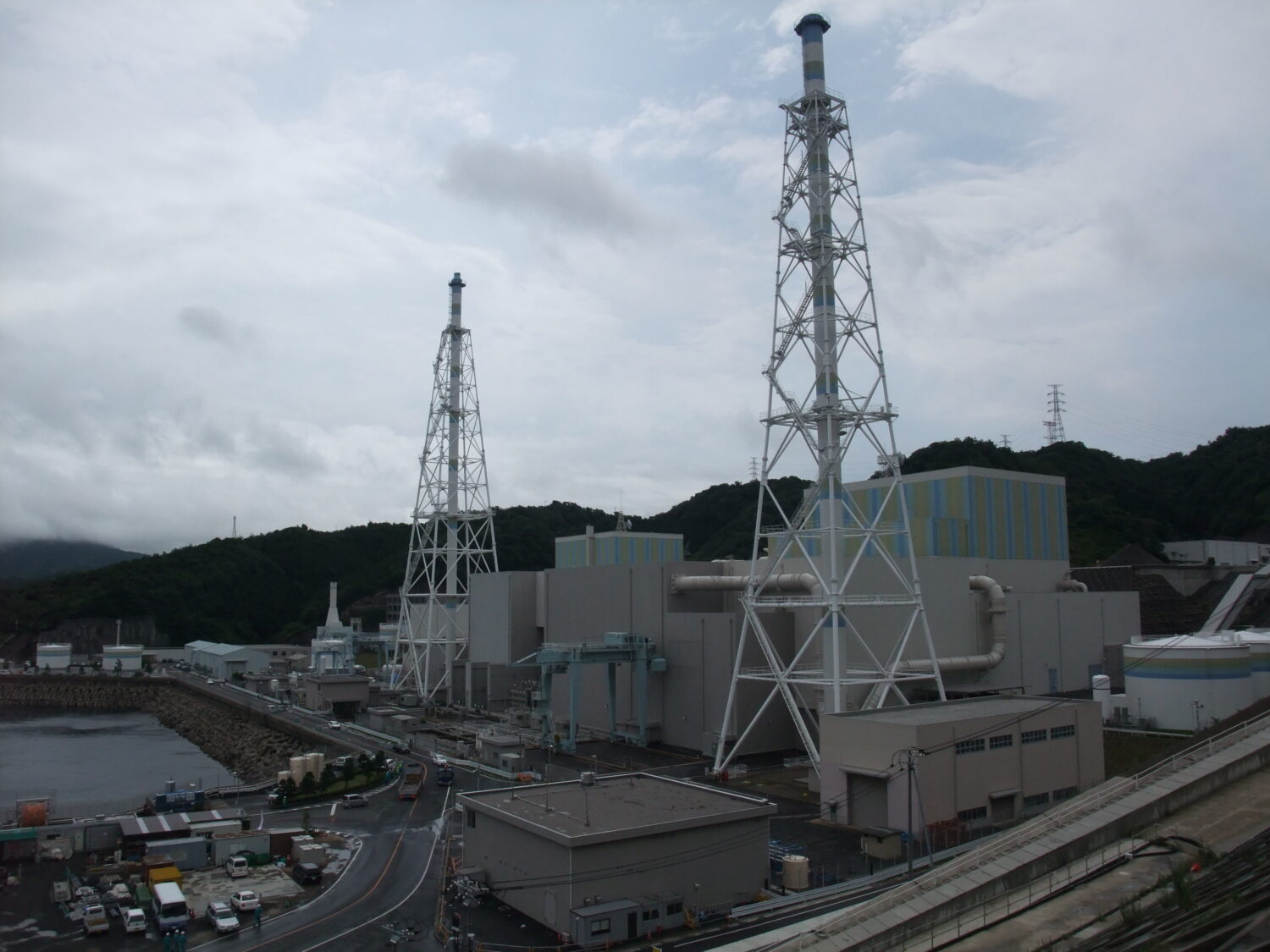

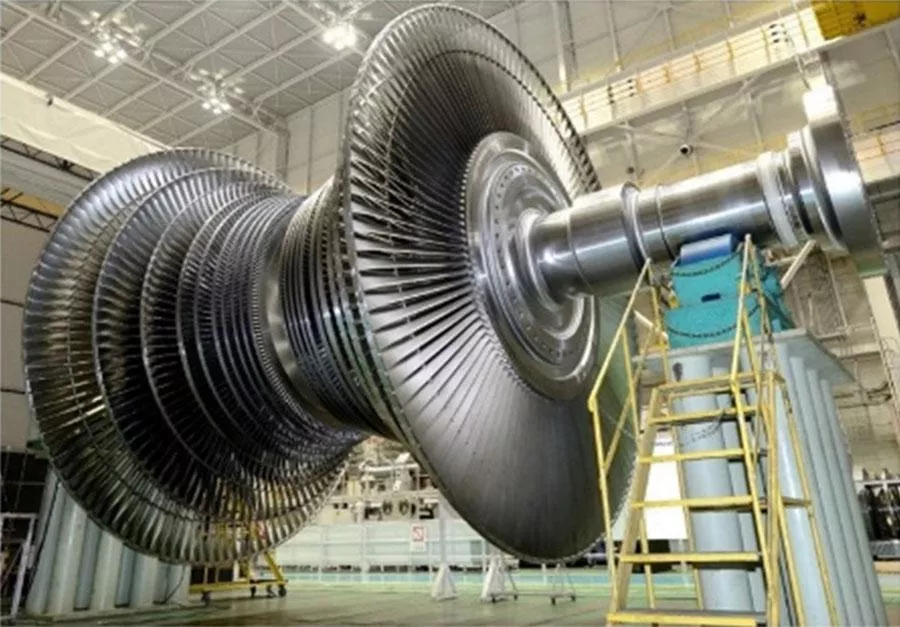

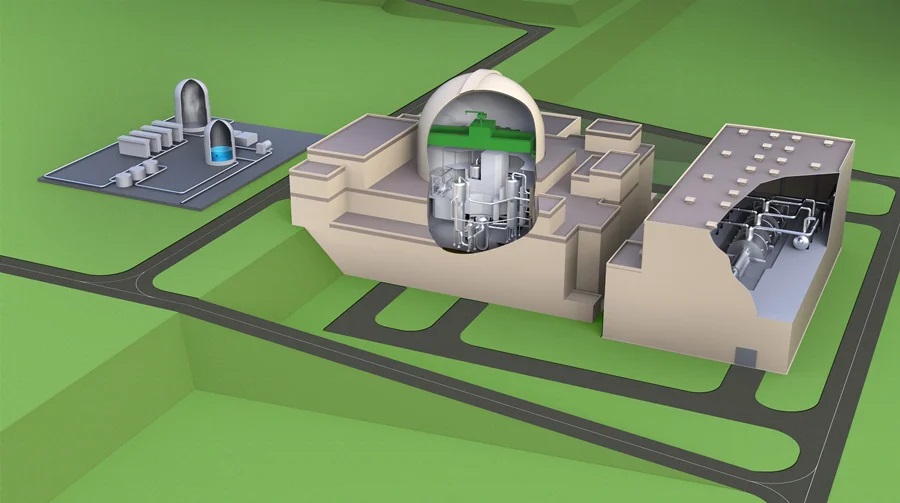
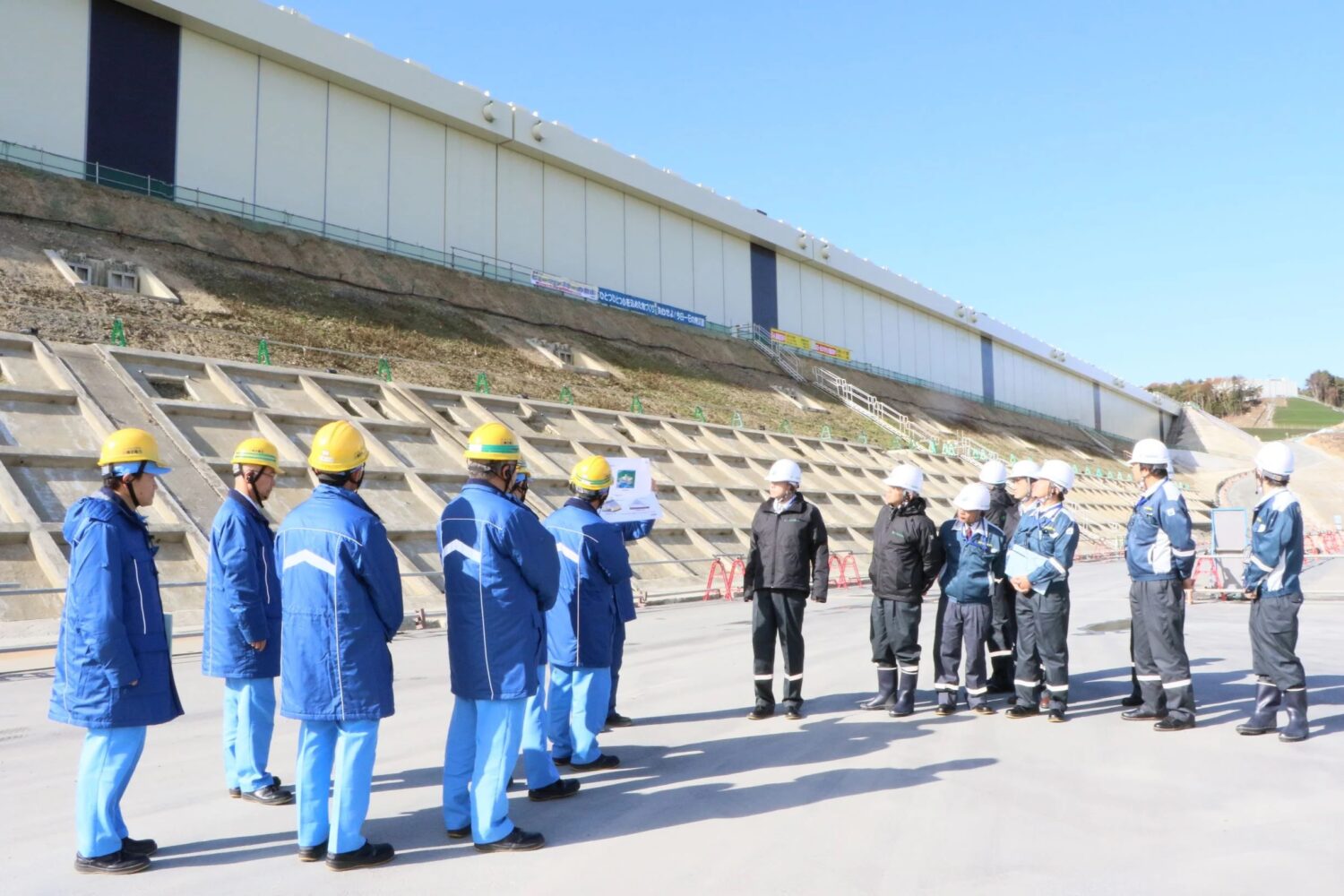
.jpg)




